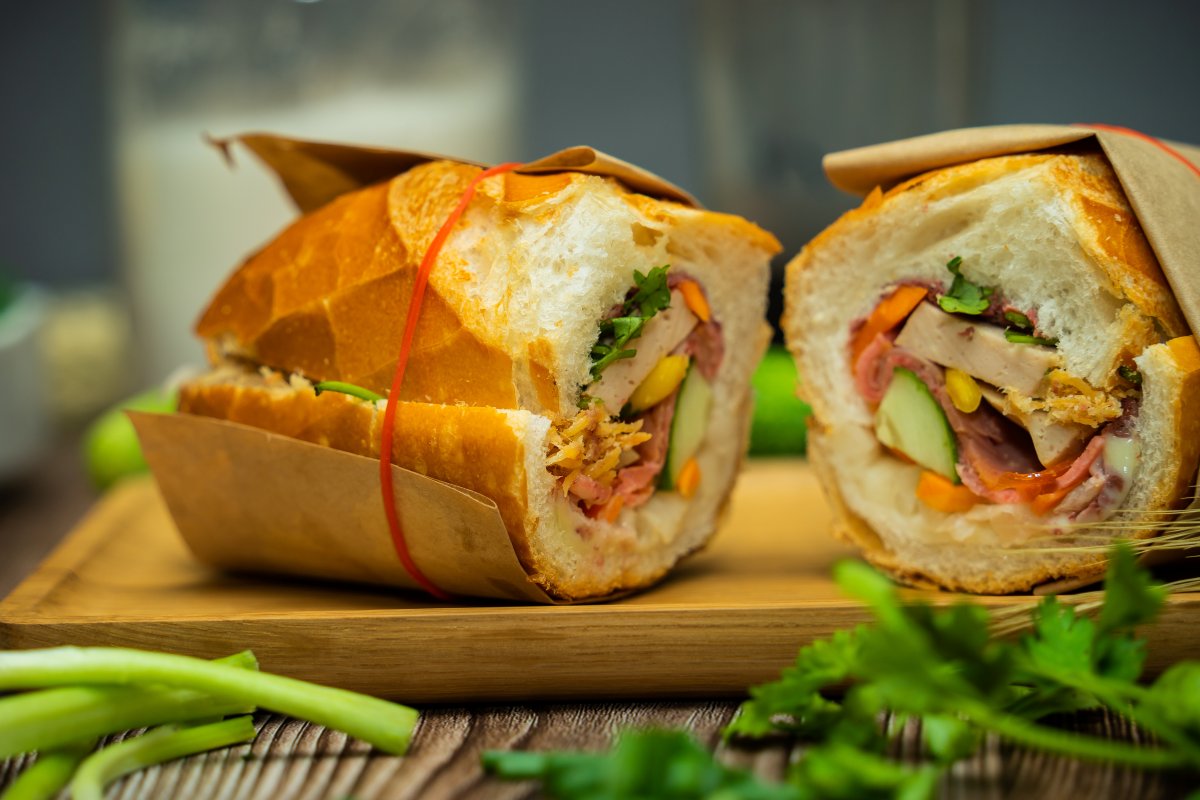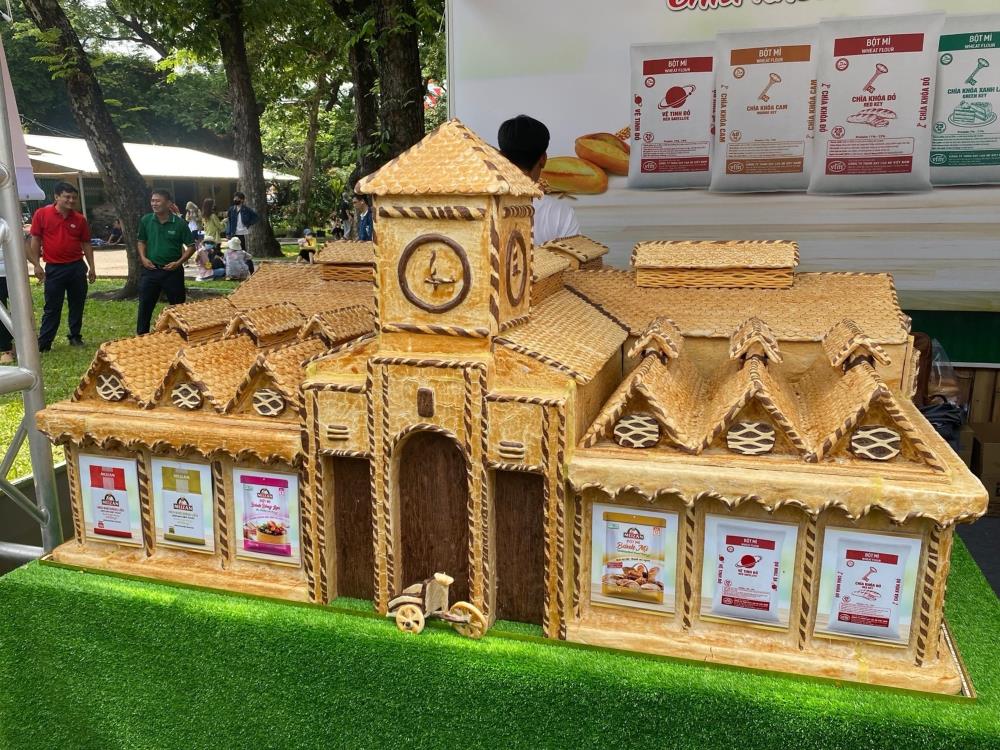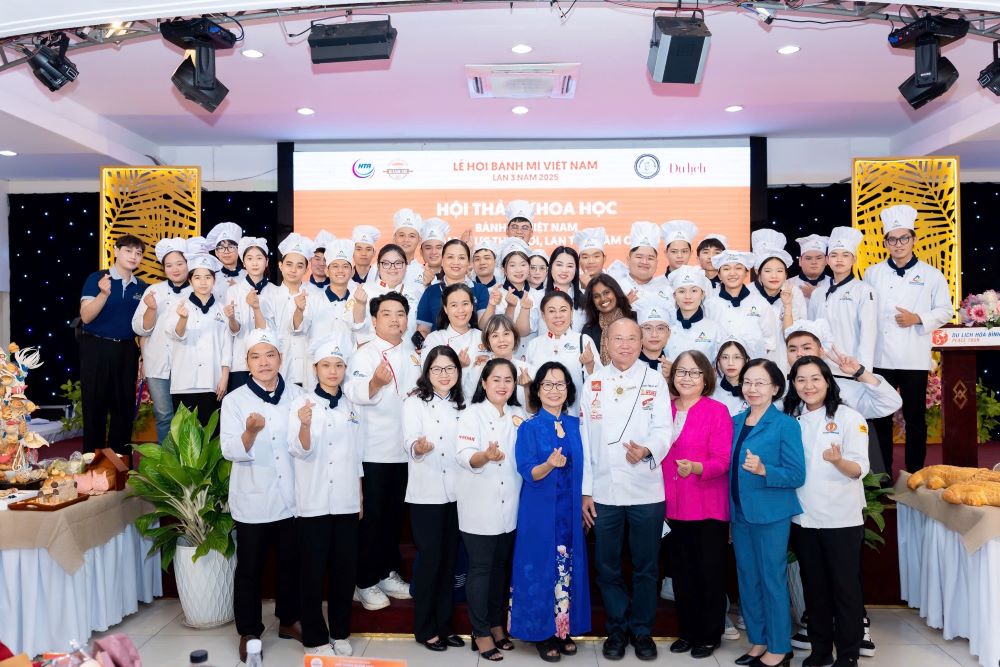Scammed in paradise: Facebook fraud hits Vietnam’s tourism industry
As Vietnam gears up for the public holidays from 30 April to 4 May, and with the summer travel season just around the corner, RMIT academic Dr Daisy Kanagasapapathy warns that online scams targeting tourists are likely to spike.
Bánh Mì: Shaping the future of Vietnam’s culinary icon
With further innovations, the Bánh Mì Festival can enhance the global standing of Vietnamese cuisine’s richness, diversity, and artistry. RMIT academic Dr Daisy Kanagasapapathy explains how.
Embracing vs resisting: Challenges for hospitality managers in adopting AI
Vietnam's hospitality industry faces a choice: embrace AI for innovation or resist and risk losing out. The key lies in balancing tech advancements with cultural sensitivity, said RMIT academics and industry insiders.
Technology and Sustainability: Pillars shaping global tourism in 2025
The global tourism industry is undergoing significant transformation in 2025, driven by smart technology and sustainable development.






